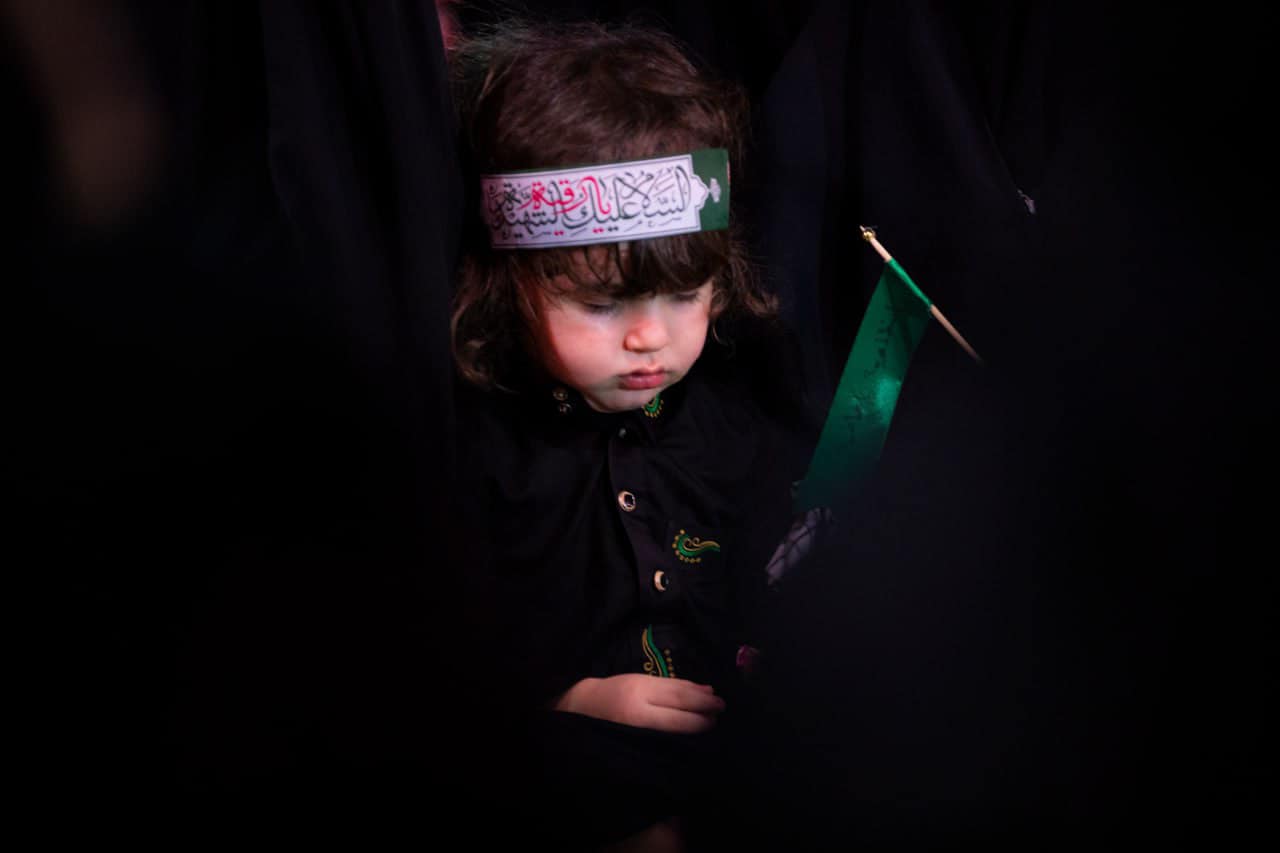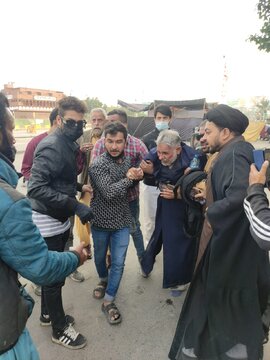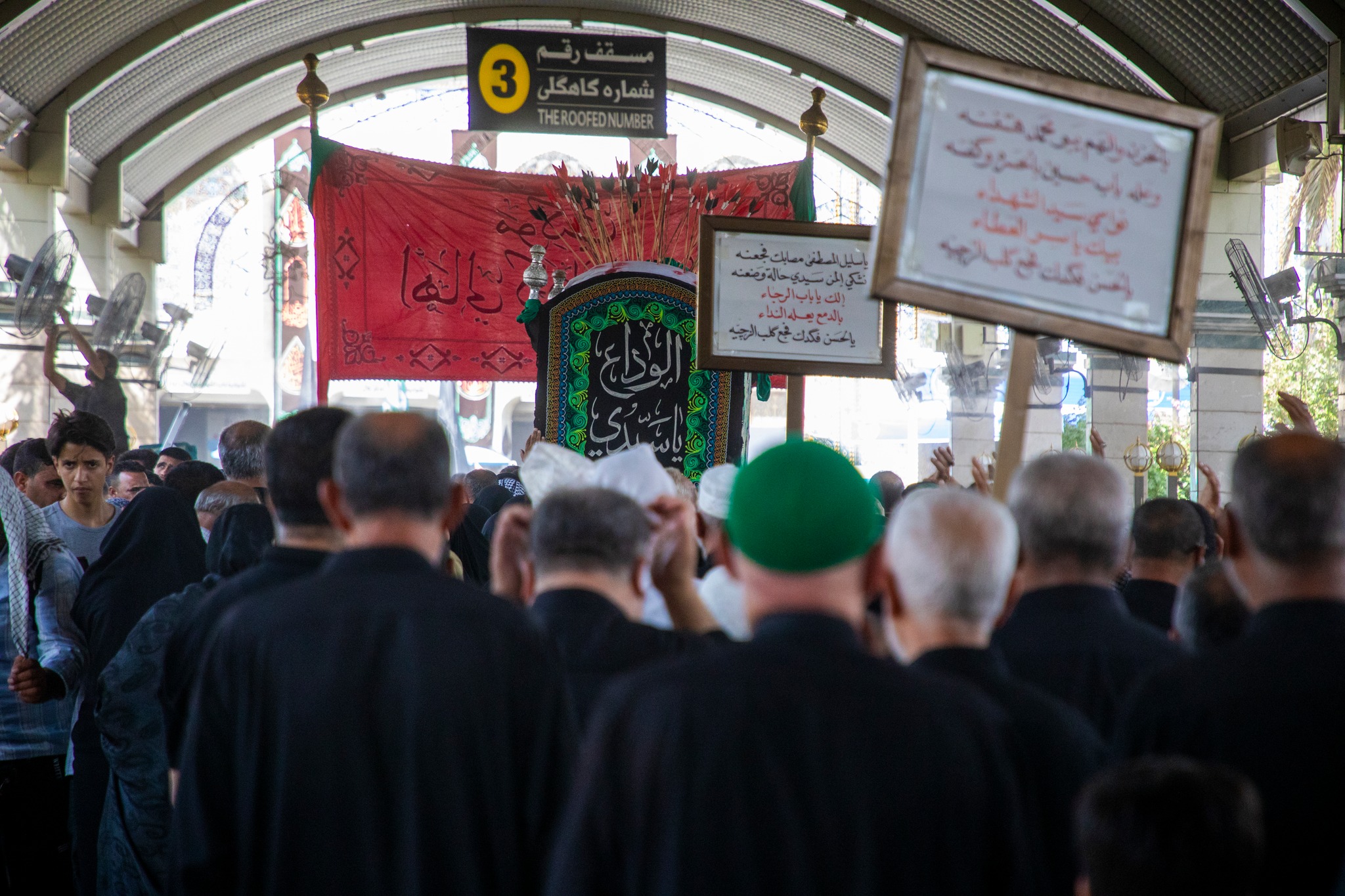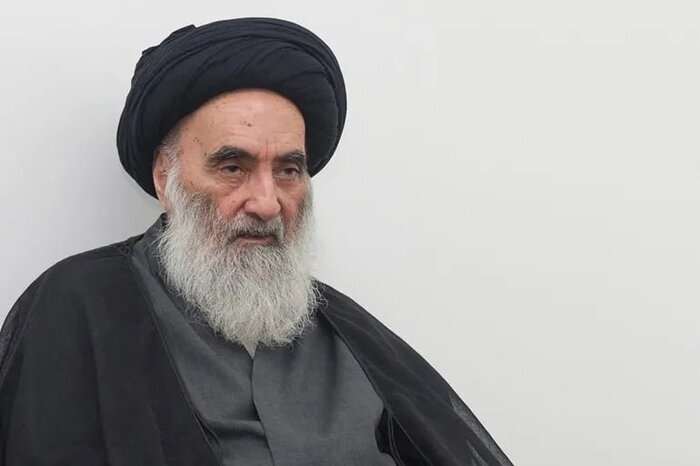Ahlulbayt News Agency: During the First Zionist Congress held in the city of Basel, Switzerland in August 1897, this issue was raised that without water, the establishment of the Zionist government would not be possible.
And now the Zionist regime, in addition to direct terroristic and anti- security threats, is creating crisis in the field of water for Arab countries like Lebanon, Jordan, Syria and Palestine.
The Wazzani Spring water pumping station project, the largest in Southern Lebanon was destroyed in the Zionist regime’s air strikes in the autumn of 2023.
Ahmed Al-Mohammad, a local Lebanese official, said in this regard, “The Israeli attacks damaged the water project’s electrical equipment, pumps, and distribution grids, leading to the halt of water pumping to numerous villages and towns in the border area.”
The Zionist regime’s air and artillery attacks on the Lebanese border have caused the shortage of drinking water, so the residents of the border area supply their needed water by collecting rainwater and drawing it through plastic pipes from the roof of their houses.
In other areas, Lebanese villagers have resorted to digging wells which endangers their health and hygiene.
Jordan, like Lebanon, experienced the same situation in 2023.
After signing the Israeli- Jordanian peace treaty in 1994, the Zionist regime been committed to provide 25- 50 million cubic meters of Jordan's water annually, however, it has repeatedly breached this commitment.
Jordanian Foreign Minister, Ayman Safadi, has recently said that he could not sit next to an Israeli minister to sign a water and electricity agreement, all while Israel continues to kill children in Gaza.
The Zionist regime’s attempts to aggravate water crisis for Lebanon have also made the situation difficult for Syria, Palestine and Jordan.
Meanwhile, the Palestinian Self-rule Authority enjoys a tiny share of the mountain water basin of the West Bank of the Jordan River and is facing a serious problem.
On the other side, the occupation of the Golan Heights by the Zionist regime has deprived Syria of the Galilee Lake water resources.
Israel relies on coastal aquifer and mountain aquifer, both of which are located under Gaza and the West Bank. Israel's surface waters are mainly concentrated in the North and East, and stealing the resources of the Jordan River by the Zionist regime has made the situation difficult for Jordan and Syria.
Tel Aviv has created a project called the National Water Carrier which consists of canals, pipelines and pumping stations, and will transfer water from the Sea of Galilee from the Northern water-rich areas to the Central and Southern parts.
Mas’ade Lake in the North of the city of Quneitra and the East of the city of Mas’ade, and the existence of the Sea of Galilee between the Golan and Palestine, as well as the rivers such as the Jordan River in the West and Roqqad in the North of the Golan, have caused the Zionist regime to remain in this region as an occupier.
What is quite clear is that the Zionist regime started hydro- terrorism half a century ago and today, when water conflict becomes a probable issue in West Asia; Tel Aviv will not give up this type of crisis-creating terrorism.
/129
25 March 2024 - 06:43
News ID: 1446639
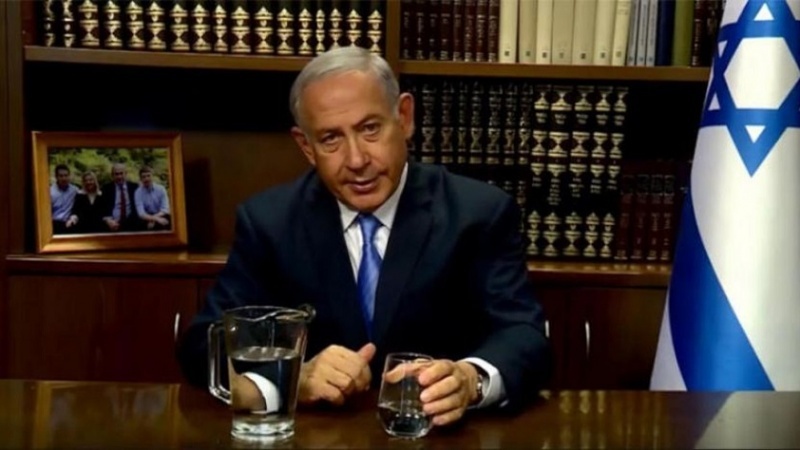
During the First Zionist Congress held in the city of Basel, Switzerland in August 1897, this issue was raised that without water, the establishment of the Zionist government would not be possible.

